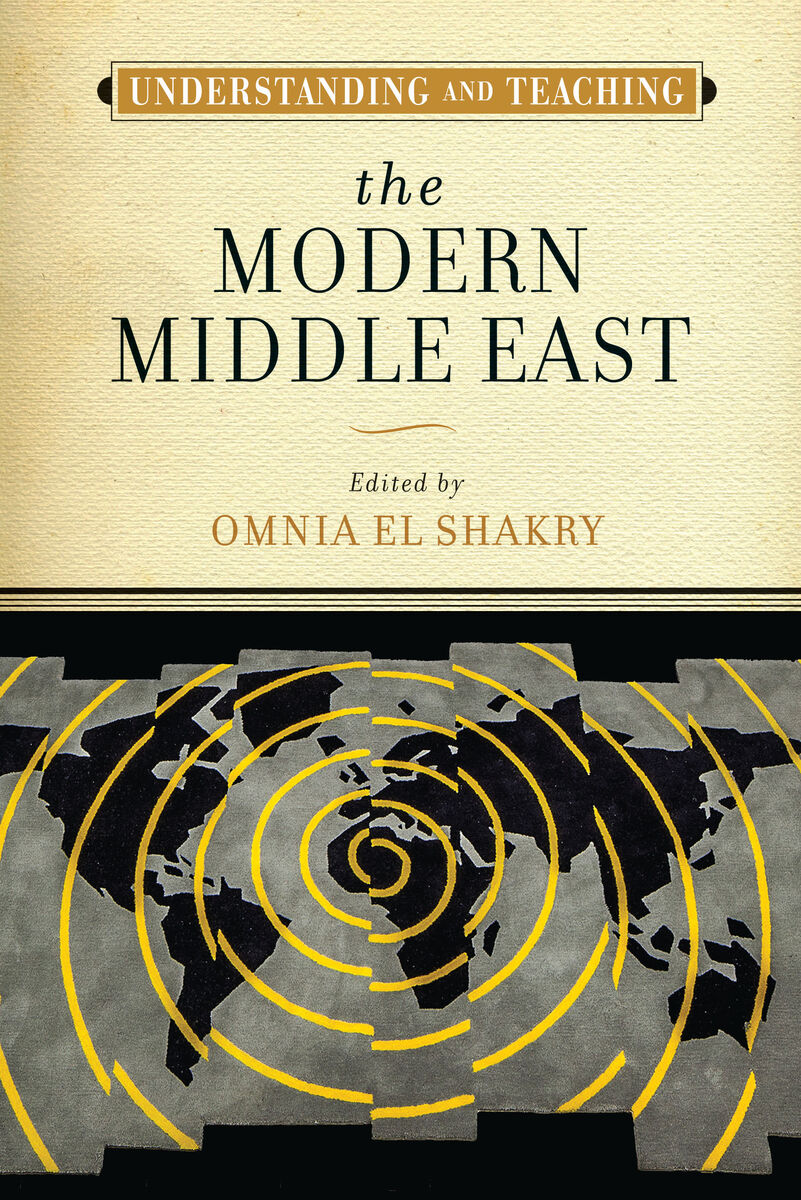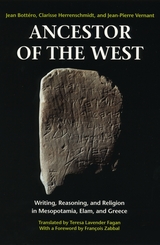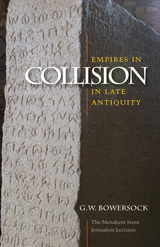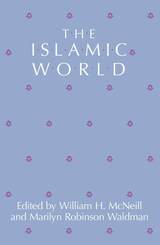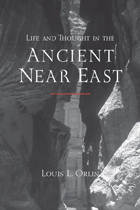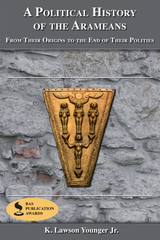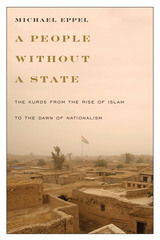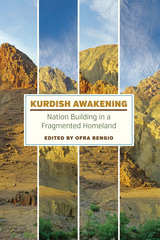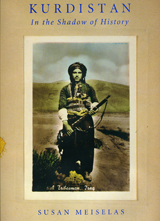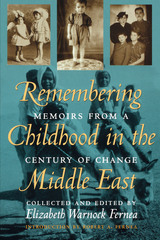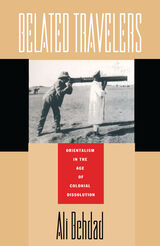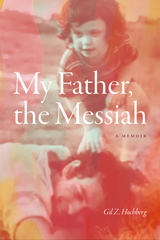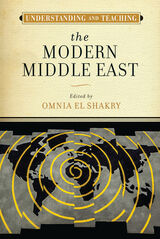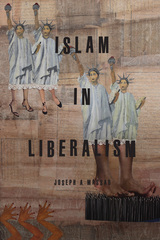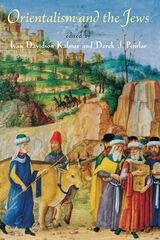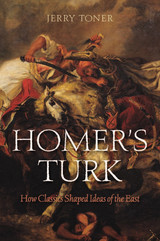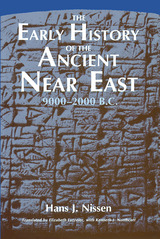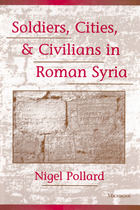Understanding and Teaching the Modern Middle East
University of Wisconsin Press, 2020
Cloth: 978-0-299-32760-6 | eISBN: 978-0-299-32763-7 (PDF)
Library of Congress Classification DS61.8.U53 2020
Dewey Decimal Classification 956
Cloth: 978-0-299-32760-6 | eISBN: 978-0-299-32763-7 (PDF)
Library of Congress Classification DS61.8.U53 2020
Dewey Decimal Classification 956
ABOUT THIS BOOK | AUTHOR BIOGRAPHY | REVIEWS | TOC | REQUEST ACCESSIBLE FILE
ABOUT THIS BOOK
Many students learn about the Middle East through a sprinkling of information and generalizations deriving largely from media treatments of current events. This scattershot approach can propagate bias and misconceptions that inhibit students’ abilities to examine this vitally important part of the world. Understanding and Teaching the Modern Middle East moves away from the Orientalist frameworks that have dominated the West’s understanding of the region, offering a range of fresh interpretations and approaches for teachers. The volume brings together experts on the rich intellectual, cultural, social, and political history of the Middle East, providing necessary historical context to familiarize teachers with the latest scholarship. Each chapter includes easy- to-explore sources to supplement any curriculum, focusing on valuable and controversial themes that may prove pedagogically challenging, including colonization and decolonization, the 1979 Iranian revolution, and the US-led “war on terror.” By presenting multiple viewpoints, the book will function as a springboard for instructors hoping to encourage students to negotiate the various contradictions in historical study.
See other books on: Modern Middle East | Study & Teaching | Subjects | Teaching | Understanding
See other titles from University of Wisconsin Press
